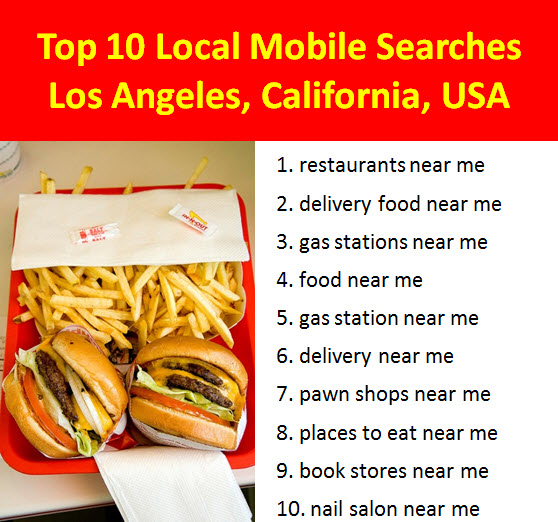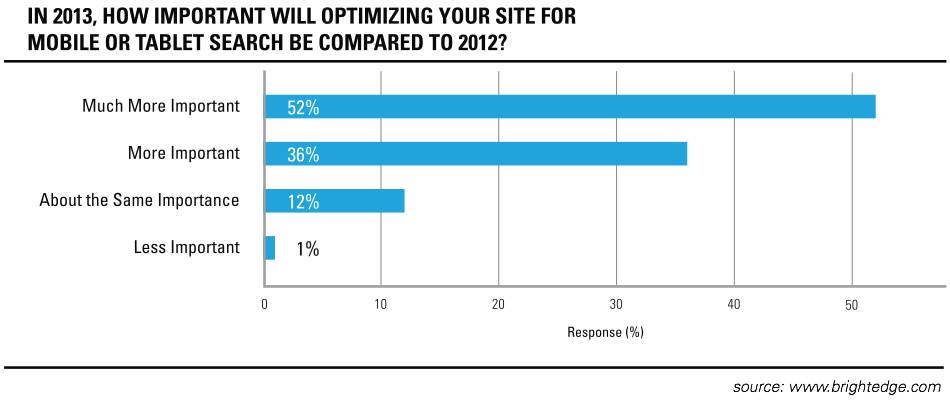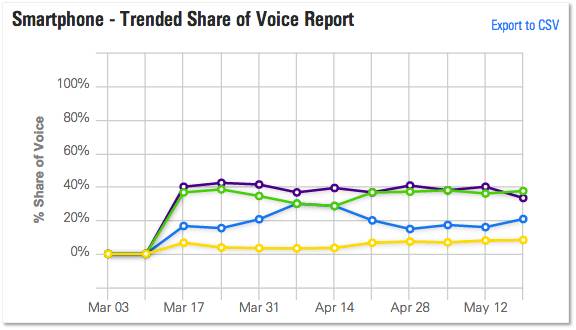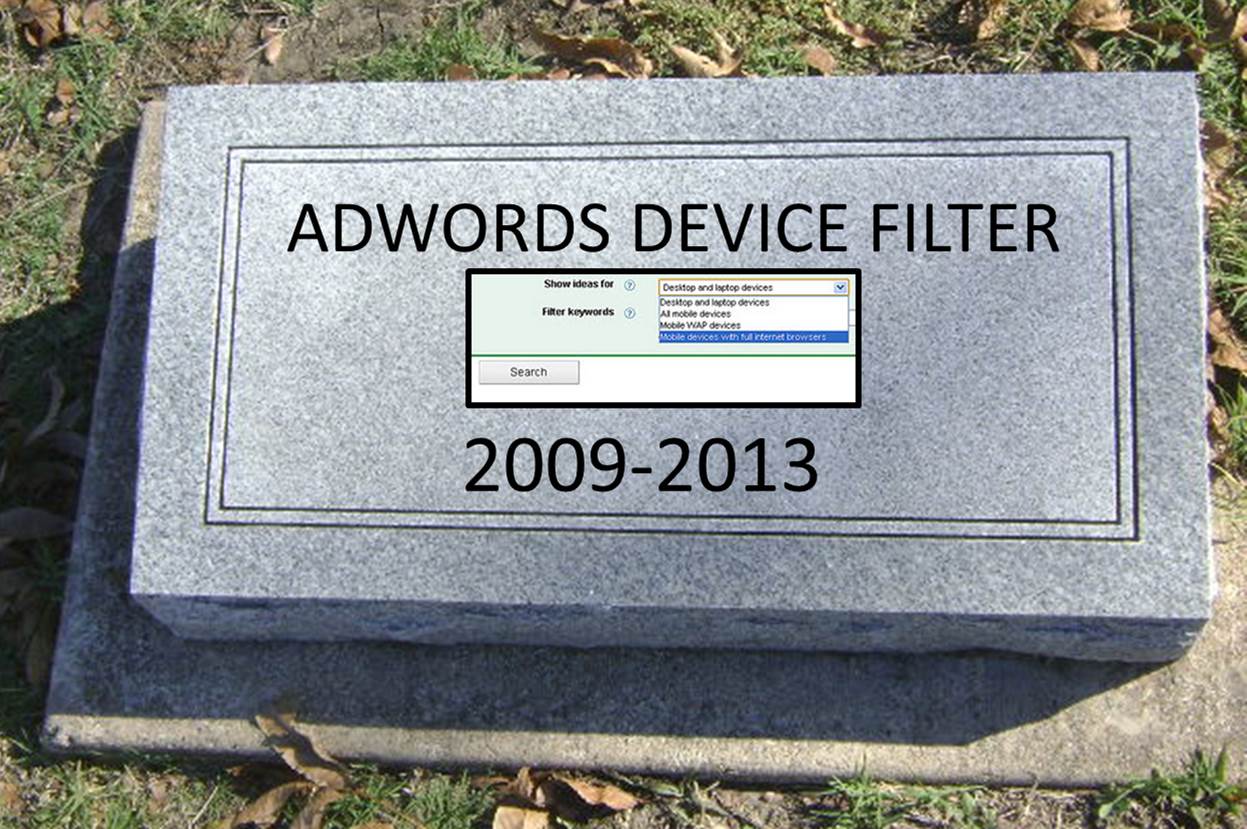New Tools Bring Major Changes To Mobile SEO
I know I said I would have mobile SEO case studies this month, but I’m postponing that a month so I can discuss two tools that will soon turn the mobile SEO world on its head: Google Keyword Planner and Bright Edge Mobile SEO. Google Keyword Planner I’ve spent a lot of time in this […]
I know I said I would have mobile SEO case studies this month, but I’m postponing that a month so I can discuss two tools that will soon turn the mobile SEO world on its head: Google Keyword Planner and Bright Edge Mobile SEO.
Google Keyword Planner
I’ve spent a lot of time in this column talking about how mobility changes search behavior and how marketers can do mobile keyword research to take advantage of the differences (when they exist, and they don’t always) between keywords entered on mobile devices and those entered on desktops and laptops. Since early 2009, the Google Keyword tool has had a filter that allows marketers to see volume by device, and this filter is going away with the new Google Keyword Planner.
There are two upsides to this and one very big downside.
One big upside is that marketers will not be ignoring mobile data en masse when doing keyword research. In the previous configuration, users of the keyword tool had to specifically say that they wanted to see mobile keyword volume. If they didn’t, they would only see data for desktops and laptops.
As such, it’s likely that many of them made bad judgment calls when deciding which keywords were a priority for their business, as mobile search volume can put certain keywords — that would normally be more niche keywords — among the most important for businesses. However, in the new Keyword Planner, default volume estimates include all devices — not just desktops and laptops.
Another great thing about the Google Keyword Planner is that we can finally see search volume and opportunity at a local level. Given how closely mobile search and local search are often entwined, with Google reporting last year that mobile search is 50% local, it gives marketers the opportunity to discover things from the Google keyword planner that they’ve never been able to see before.
For example, using the primarily mobile qualifiers “near me” and “nearby” we can see what local mobile searchers are interested in, and what keywords they use. Doing this for three random markets (Akron, Ohio; Chicago, Illinois; and Los Angeles, California) it’s clear that local mobile searchers are interested in restaurants, food delivery, nail salons, pawn shops, gyms, bookstores, gas stations, etc.

It’s a shame that the tool doesn’t allow us to find keyword volume around an address so that we can start to see how people are searching in-store, for example; but, even local keyword volume per city should be a huge boon for mobile SEOs optimizing for local search.
The downside to the new keyword planner, of course, is that we can no longer see the differences between how people search on different devices on Google. This information is still available in Bing Ads Intelligence, so the “mobile % of total” report can still be run.
However, if marketers want to do it for Google volume, one way would be to calculate the percent of total volume based on Bing data and estimate device figures based on the Google total volume. In my early experiments, the data doesn’t really match up with what exists in the Google Keyword Tool today.

But, if you’ve incorporated these reports into your workflow, you don’t have much of a choice, as the Google Keyword Tool will be taken offline in about 60 days.
Bright Edge Mobile SEO
Enterprise SEO platform Bright Edge asked their users how important mobile SEO would be in 2013, and 88% said it would be at least more important than in 2012.

At Resolution, we’ve been working with Bright Edge for about three years, and the ability to track rankings from mobile queries is something that I’ve been asking them for during all that time. Fortunately, it appears that their other clients have also been asking for it, as they’ve come up with the only solution that I know of to track rankings across smartphones and tablets. Arriving in their spring release, mobile SEO gives SEOs a better understanding of how mobility changes rankings, and theoretically, traffic.
I’m partially in agreement with the idea that SEO rankings are an outdated metric that should be reconsidered; but, if you’re going to track them, it’s important to do it right. As I mentioned in Search Engine Land, there were 16 differences between smartphone and desktop search results alone in 2012, and this new feature helps SEOs understand how their rankings and traffic are being affected both by local and device-specific rankings.
With Bright Edge mobile SEO you can run share-of-voice reports on a site level for both universal and core search results, as well as for individual landing pages.

Bright Edge mobile SEO allows marketers to track smartphone rankings against competitors’ to get a sense of overall share of voice in mobile SEO.

Comparing smartphone rankings to desktop and tablet can lead to opportunities in mobile SEO.
You can still get average “mobile” (whatever that means) rankings in Google Webmaster Tools; but, if you’re trying to increase your visibility in a world where consumers use multiple screens when researching and making purchases, you need a serious tool to help you get visibility into how well your efforts are going. Bright Edge mobile SEO is the first such tool.
The only constant in SEO is change, as those of us who have been doing it for over ten years know very well. Bright Edge mobile SEO and the Google Keyword Planner are two tools that have the potential to turn mobile SEO on its head; and, if you’re careful and make the necessary adjustments, it could be a change for the better.
Contributing authors are invited to create content for MarTech and are chosen for their expertise and contribution to the search community. Our contributors work under the oversight of the editorial staff and contributions are checked for quality and relevance to our readers. MarTech is owned by Semrush. Contributor was not asked to make any direct or indirect mentions of Semrush. The opinions they express are their own.
Related stories
New on MarTech
